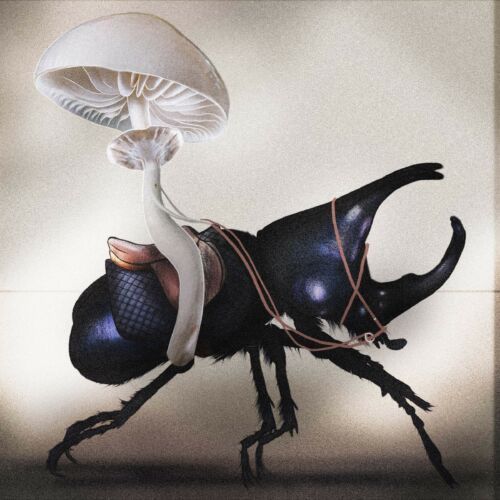Economic development and democratic situation in Africa
Ibrahim Index of African Governance was created in 2007 to regularly assess the quality of governance in African countries. The index examines how governments implement policies and deliver services – in the fields of health security and education – and the quality of civil rights and democracy. Africa is less safe and democratic than it was 10 years ago, according to the latest assessment, and insecurity is hampering progress in health, education and economics. The report highlights the role of the COVID-19 pandemic in stunting the development of African countries. Currently, the biggest threats to growth on the continent are the war in Ukraine and conflicts over resources resulting from climate change.
In January this year, Tanzanian President, Samia Hassan Suluhu, lifted the ban on mass political rallies that had been in place since 2016. The opposition Chadema party has already organised its first gathering and the current president’s decision was welcomed as a good sign for local democracy. Previously, assemblies were violently broken up by the police and party activists were sent to jail.
Nelson Chamisa, leader of the Citizens’ Coalition for Change (CCC), Zimbabwe’s main opposition party, warned of violence and repression by the Zimbabwe African National Union-Patriotic Front, which has been in power continuously since 1980. The aim of the current government’s actions is to win the elections in July or August 2023. In recent months, the non-governmental organisation – Zimbabwe Peace Project – has recorded hundreds of incidents of residents being assaulted, threatened or intimidated throughout Zimbabwe.























